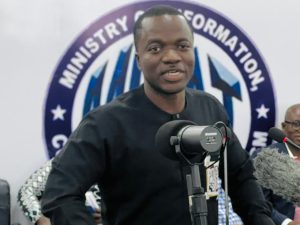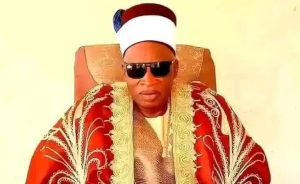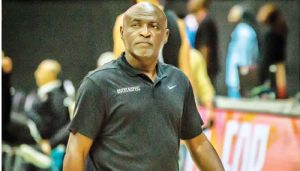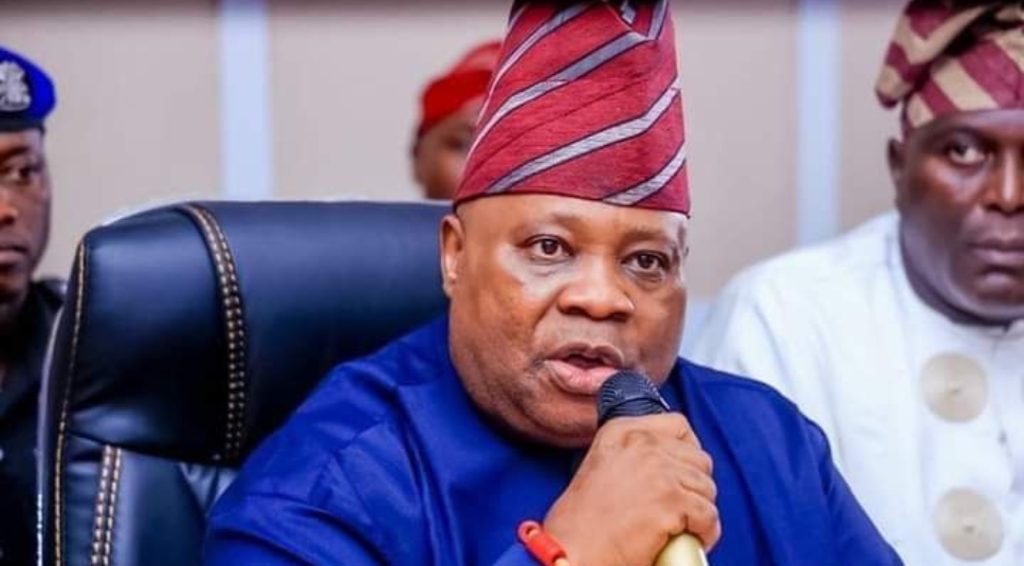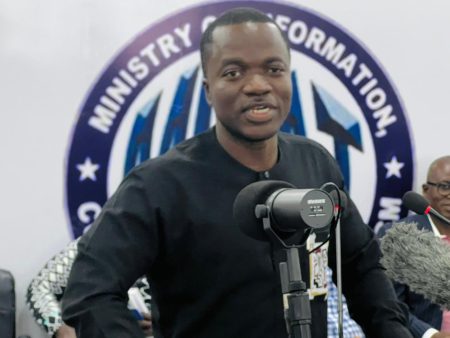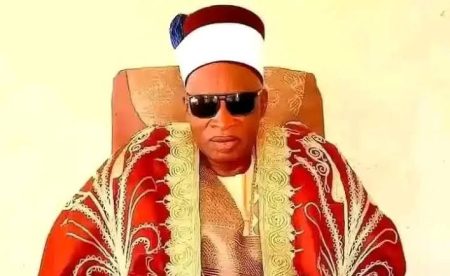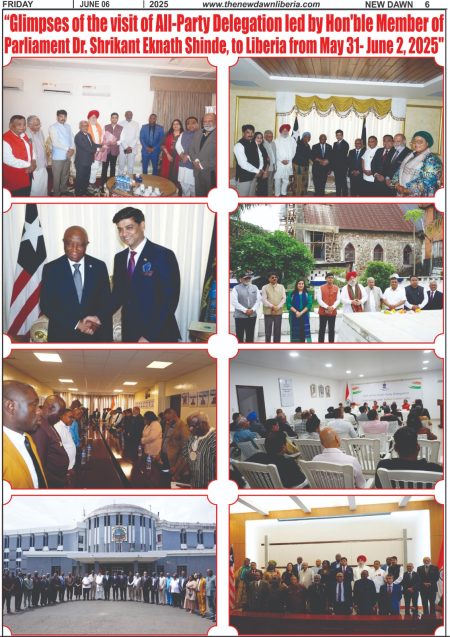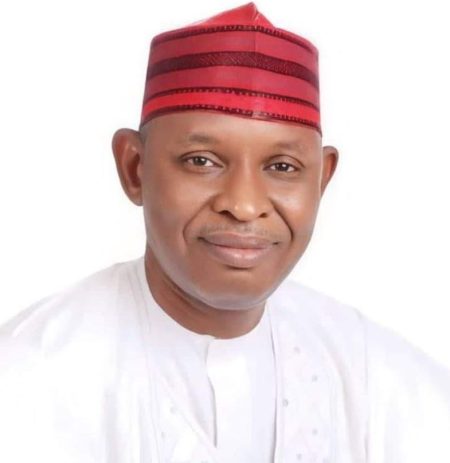Governor Ademola Adeleke of Osun State has championed the adoption of renewable energy sources as a crucial solution to the energy deficit plaguing Nigeria’s South-West region. Speaking at the South-West Post-Conference Stakeholders’ Roundtable on Renewable Energy in Osogbo, Adeleke, represented by his deputy, Kola Adewusi, underscored the urgency of addressing energy poverty, emphasizing its direct link to fundamental human rights. He framed climate change not as a looming threat but as a present reality demanding immediate action, particularly in a region blessed with abundant renewable energy resources like sunlight and wind. The governor lamented the irony of communities lacking electricity despite this potential, advocating for localized, sustainable power solutions. He unveiled Osun State’s Climate-Smart Investment Portfolio, a strategic roadmap designed to attract investment in renewable energy, sustainable infrastructure, and the circular economy.
Adeleke’s commitment to renewable energy extends beyond rhetoric. He outlined plans to introduce the Draft Osun State Renewable Energy Policy, a framework designed to foster an inclusive energy transition at the subnational level. This policy will provide the legislative and institutional backbone for the state’s renewable energy initiatives. Complementing this policy will be the Draft Osun State Climate Action Plan, a product of extensive consultations with experts, local communities, and development partners. This plan reflects a comprehensive approach to tackling climate change and ensuring the state’s sustainable development. The governor’s vision extends to grassroots initiatives like the IMOLE Solar Lantern Project, which aims to provide solar lanterns to every child in the state, symbolizing his commitment to ensuring equitable access to education and opportunity.
Professor Chinwe Obuaku, Lead Technical Consultant on Climate Change and Renewable Energy to the Osun State Governor, characterized the roundtable as a pivotal moment for transitioning from shared visions to concrete action. The roundtable, she emphasized, served as a platform for open dialogue, technical exchange, and clarification of legislative frameworks necessary for effective implementation of renewable energy projects. Obuaku stressed the need to translate national policies, such as the Renewable Energy and Energy Efficiency Policy (NREEEP) and the Climate Change Act, into tangible benefits for the people of Osun and the wider South-West region. These benefits include job creation, improved access to clean energy, and inclusive economic growth.
Obuaku’s engagement with various stakeholders, from lawmakers to community members, private sector players, and youth advocates, reinforced her conviction about the region’s readiness to embrace renewable energy. She believes that the region possesses the intellectual capacity, existing infrastructure, and institutional awareness to recognize renewable energy not as a luxury but as a fundamental necessity. This confluence of factors, according to Obuaku, sets the stage for a successful transition to a sustainable energy future. The roundtable discussions focused on practical steps for translating the shared vision into tangible action, emphasizing the need for robust sub-national renewable energy frameworks.
The governor’s initiatives and the subsequent roundtable discussions highlight a paradigm shift in energy policy, prioritizing localized solutions and community involvement. The emphasis on a “just” transition underscores the commitment to ensuring that the benefits of renewable energy reach all segments of society, particularly marginalized communities often overlooked in development initiatives. This focus on equity and inclusion aligns with the broader goal of sustainable development, which seeks to balance economic growth with social progress and environmental protection. The introduction of the Climate-Smart Investment Portfolio signals a proactive approach to attracting responsible capital for sustainable development.
The integration of national policies with subnational action plans demonstrates a coherent approach to energy transition, ensuring alignment between national goals and local implementation strategies. This integrated approach is crucial for maximizing the impact of renewable energy initiatives and ensuring their long-term sustainability. The emphasis on community engagement and consultation reflects a participatory approach to policy-making, recognizing the importance of local knowledge and ownership in driving successful outcomes. The IMOLE Solar Lantern Project exemplifies this commitment to grassroots impact, addressing the immediate needs of children while symbolizing a brighter future powered by renewable energy. Overall, the initiatives launched by Governor Adeleke and the discussions at the roundtable signify a decisive step towards a sustainable energy future for Osun State and the South-West region of Nigeria.


